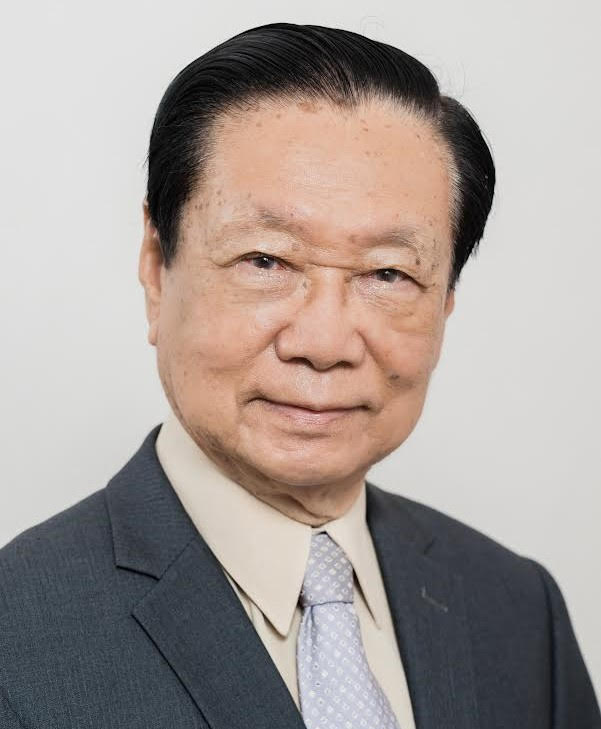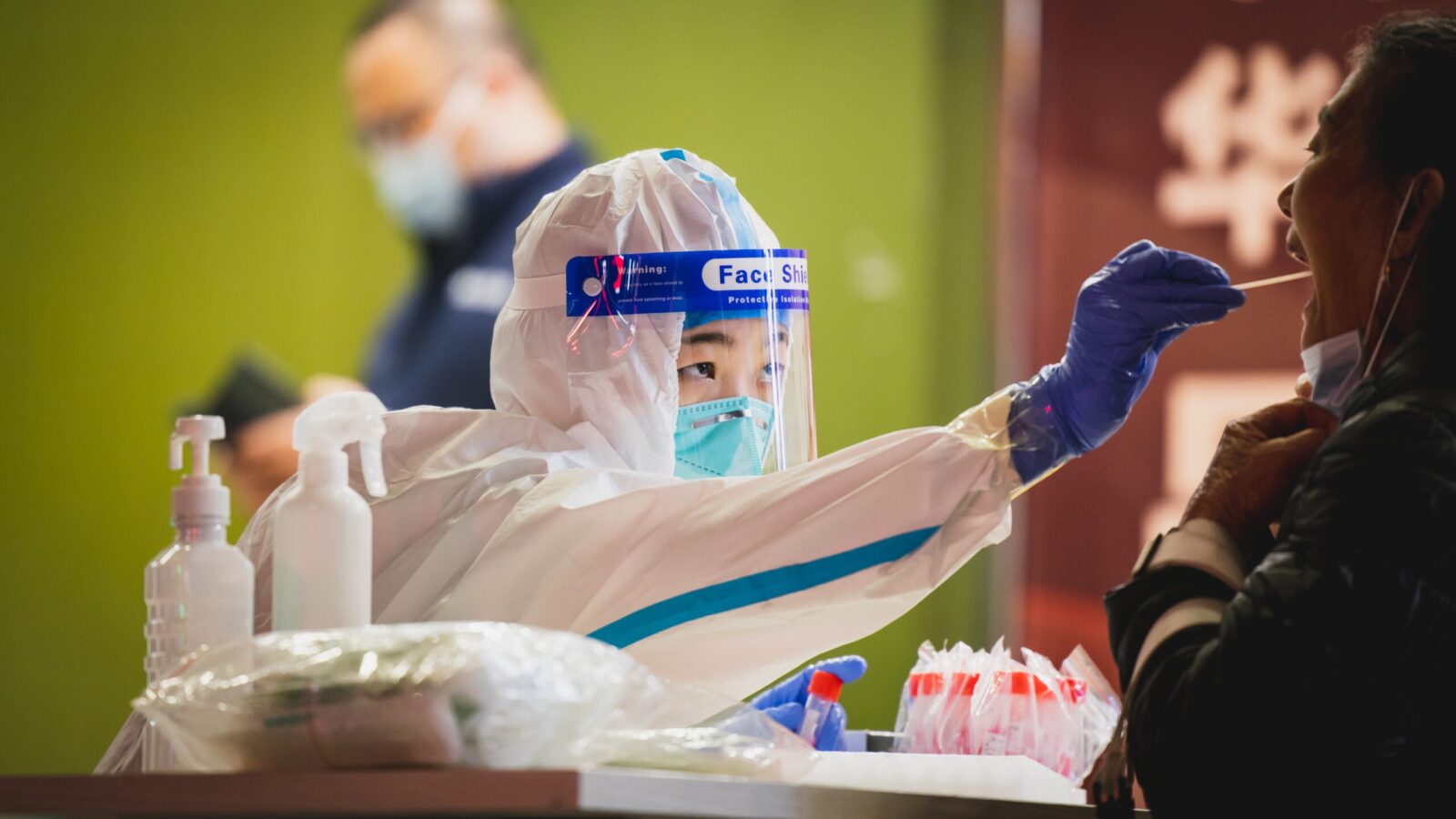
By Prof Dr Lam Sai Kit
KUALA LUMPUR, Malaysia-On the advice of the International Health Regulations (IHR) Emergency Committee, the WHO Director-General, Dr. Tedros Adhanom Ghebreyesus, has declared an end to COVID-19 as a public health emergency based on the global downward trend of the pandemic in the last 12 months, the increasing population immunity from vaccination and natural infection, decreasing mortality, better access to diagnosis, vaccines and treatment, and the easing of pressure on the health systems.
According to the chair of IHR, Dr. Didier Houssin, only two or three people on the 18-member committee displayed hesitation about declaring an end to the pandemic as a global threat. Houssin emphasized that after more than three years, it was “time to confront the COVID-19 pandemic.”
He acknowledged that there are still many uncertainties remain, particularly regarding the evolution of the virus, which continues to circulate in every country.
According to WHO DG Tedros, the declaration does not mean that COVID-19 is over as a global health threat.
According to WHO DG Tedros, the declaration does not mean that COVID-19 is over as a global health threat.
“This virus is here to stay. It is killing, and it is still changing. The risk remains of new variants emerging that cause new surges in cases and deaths.”
The first known outbreak of COVID-19 occurred in November 2019 in Wuhan, China, and WHO declared COVID-19 a public health emergency of international concern on January 30, 2020.
In the three years since then, the number of global COVID cumulative cases stand at 765,222,932 with deaths reported to WHO nearly 7 million, though the true death toll is several times higher, reaching at least 20 million.
Emeritus Professor Dato’ Dr. Lam Sai Kit from the University of Malaya, and a member of an International COVID-19 Task Force, concurred with the decision of WHO. “After three long years of the pandemic, and with the decrease in cases and severity over the last year, it is time for life to return to normal.
As a matter of fact, Malaysia had independently adopted a stand that the COVID-19 pandemic entered an epidemic phase as early as mid-2022, almost a year before the WHO Declaration last Friday.”
The first known outbreak of COVID-19 occurred in November 2019 in Wuhan, China, and WHO declared COVID-19 a public health emergency of international concern on January 30, 2020.
In the three years since then, the number of global COVID cumulative cases stand at 765,222,932 with deaths reported to WHO nearly 7 million, though the true death toll is several times higher, reaching at least 20 million.
Emeritus Professor Dato’ Dr. Lam Sai Kit from the University of Malaya, and a member of an International COVID-19 Task Force, concurred with the decision of WHO. “After three long years of the pandemic, and with the decrease in cases and severity over the last year, it is time for life to return to normal.
As a matter of fact, Malaysia had independently adopted a stand that the COVID-19 pandemic entered an epidemic phase as early as mid-2022, almost a year before the WHO Declaration last Friday.”
“What is important now is to review what and how the world has handled the pandemic at the global level, and the many lessons learnt that can help us to face the next pandemic.”
Following the first outbreak of COVID-19 in China, the global community was informed about the identification of the novel coronavirus as the cause and the publication of the virus genome.
Following the first outbreak of COVID-19 in China, the global community was informed about the identification of the novel coronavirus as the cause and the publication of the virus genome.
This allowed for the development of PCR diagnostics, as well as research into the development of COVID-19 vaccines using new technologies such as the use of mRNA approach within a very short period.
There is still an on-going discussion and hot debate as to whether China was totally transparent in sharing the data about the initial outbreak, and whether it could have provided the information of the outbreak earlier. “This issue has been politicized, and to me, the issue is now academic.
The lesson we should learn is that speed is of the essence in the sharing of information as we now live in a borderless world, where an outbreak in one country can turn into a pandemic in a matter of weeks and months.”
Politics and the torrent of mis- and disinformation have done severe damage to the steps taken to control the pandemic. This happened more so in developed countries, including in the USA and certain EU countries. Such controversies have eroded trust between people, governments, and institutions.
“Health experts and scientists should be in the forefront in fighting a pandemic, not armchair critics and politicians.”
There is still an on-going discussion and hot debate as to whether China was totally transparent in sharing the data about the initial outbreak, and whether it could have provided the information of the outbreak earlier. “This issue has been politicized, and to me, the issue is now academic.
The lesson we should learn is that speed is of the essence in the sharing of information as we now live in a borderless world, where an outbreak in one country can turn into a pandemic in a matter of weeks and months.”
Politics and the torrent of mis- and disinformation have done severe damage to the steps taken to control the pandemic. This happened more so in developed countries, including in the USA and certain EU countries. Such controversies have eroded trust between people, governments, and institutions.
“Health experts and scientists should be in the forefront in fighting a pandemic, not armchair critics and politicians.”
“We also have anti-vaxxers who were extremely vocal and disrupted the work of the public healthcare workers.”
There is still the hotly debated issue of the origin of the SARS-CoV-2 virus, and even WHO has clouded this issue with its stand that the organization is still wavering whether the virus originated as a zoonotic spillover or from a lab leak.
“This will affect our preparation for the next and inevitable pandemic.” Dr.
Lam said that his Independent Task Force spent several months curating scientific literatures as well as interviews with prominent scientists and concluded that there is plenty of science-based evidence that the pandemic is the result of a spillover of the virus from wild animals to humans.
There is hardly any solid evidence to show that the pandemic started from experiments conducted in the lab, in China or elsewhere.”
Based on this finding, Dr. Lam and his independent task force of 14 members published a paper in the prestigious peer-reviewed journal, PNAS, with recommendations on how to be prepared for the next pandemic based on the One Health approach.”
The lab leak hypothesis is speculative, with no solid scientific evidence to date, and may distract us from making such preparations.”
There is still the hotly debated issue of the origin of the SARS-CoV-2 virus, and even WHO has clouded this issue with its stand that the organization is still wavering whether the virus originated as a zoonotic spillover or from a lab leak.
“This will affect our preparation for the next and inevitable pandemic.” Dr.
Lam said that his Independent Task Force spent several months curating scientific literatures as well as interviews with prominent scientists and concluded that there is plenty of science-based evidence that the pandemic is the result of a spillover of the virus from wild animals to humans.
There is hardly any solid evidence to show that the pandemic started from experiments conducted in the lab, in China or elsewhere.”
Based on this finding, Dr. Lam and his independent task force of 14 members published a paper in the prestigious peer-reviewed journal, PNAS, with recommendations on how to be prepared for the next pandemic based on the One Health approach.”
The lab leak hypothesis is speculative, with no solid scientific evidence to date, and may distract us from making such preparations.”
“The pandemic has shown us how small the world is, and that what happens in one country can result in a pandemic in other parts of the world within days and weeks.
This was also true for previous epidemics like SARS CoV-1, MERS, avian influenza, Nipah, to name a few. We need to have better global
coordination, equity, and solidarity, and make intelligent use of existing tools and technologies to combat new virus outbreaks.”
“The pandemic has inflicted enormous economic damage on many aspects of global life, adversely affecting country GDP, disrupting travel and trade, closing businesses, and plunging millions into poverty. It will take years to recover from this economic upheaval, if ever. It has led to changes in our lifestyles in many ways too, with the Internet and AI leading the way, such as virtually online learning, business zoom meetings, work-from-home, etc.”
“The virus is going to be with us for a long time, just like dengue and influenza, and we must learn to live with it. Variants will arise from time to time, but we now have better knowledge and tools to handle future outbreaks. While we continue to battle COVID-19, we must prepare for the next one to come.”
This was also true for previous epidemics like SARS CoV-1, MERS, avian influenza, Nipah, to name a few. We need to have better global
coordination, equity, and solidarity, and make intelligent use of existing tools and technologies to combat new virus outbreaks.”
“The pandemic has inflicted enormous economic damage on many aspects of global life, adversely affecting country GDP, disrupting travel and trade, closing businesses, and plunging millions into poverty. It will take years to recover from this economic upheaval, if ever. It has led to changes in our lifestyles in many ways too, with the Internet and AI leading the way, such as virtually online learning, business zoom meetings, work-from-home, etc.”
“The virus is going to be with us for a long time, just like dengue and influenza, and we must learn to live with it. Variants will arise from time to time, but we now have better knowledge and tools to handle future outbreaks. While we continue to battle COVID-19, we must prepare for the next one to come.”
For now, let us rejoice that the pandemic is now behind us.”
*Academician Emeritus Professor Dato' Dr Sai Kit Lam has been at the forefront of infectious viral disease research for more than 40 years.*
*Academician Emeritus Professor Dato' Dr Sai Kit Lam has been at the forefront of infectious viral disease research for more than 40 years.*








0 Comments
LEAVE A REPLY
Your email address will not be published